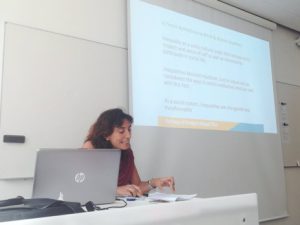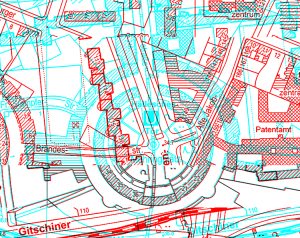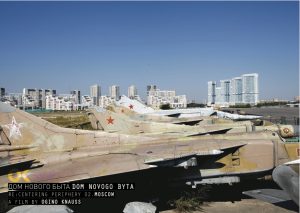B-Mincome is a EU funded Urban Innovative action project in the city of Barcelona experimenting basic minimum income together at specific local level, including a set with a set of active social policies aimed at support the BMI recipients
.
Laura Colini is the EU UIA expert supporting Barcelona for B-MINCOME Urban Innovative Action.
The project is based on the City’s decision to implement a guaranteed minimum income (GMI) to supplement income in the most deprived and poor areas or the City. It is expected that 1,000 households will receive this minimum income on a trial basis. The implementation of the GMI among households in situations of poverty should also prompt a comparative analysis concerning the costs of policies aimed at fighting poverty, with the ultimate goal of developing more efficient welfare services. It is a new solution adapted to the new poverty related phenomena occurring in the City. The municipal GMI system will provide families with security, freedom and greater responsibility as a lever in overcoming poverty. The new strategy is based on new core elements: Testing several types of GMI; Combine GMI with integrated one-stop-shop public and private active policies and Strengthening inhabitant and community’s Initiative. The project invested 4,854,088.56 EUR form ERDF budget in a period of 2 years webween October 2017 and October 2019.
01/10/2017
Timeline
- October 2017: Identification of the sample, definitive design and adjustment of the GMI and selection of the beneficiaries of the GMI
- January 2018: Active social policies have been launched and implemented for the beneficiaries of SMI.
- April 2018: Launching of the social currency
- October 2018: Intermediate report: Impact evaluation of GMI on household outcomes
- November 2018: Ethnographic Research. Dynamics of the community – dialogue and observation over time. Analysis of the information and elaboration of the conclusions report
- October 2019: Final report: Impact evaluation of GMI on household outcomes


